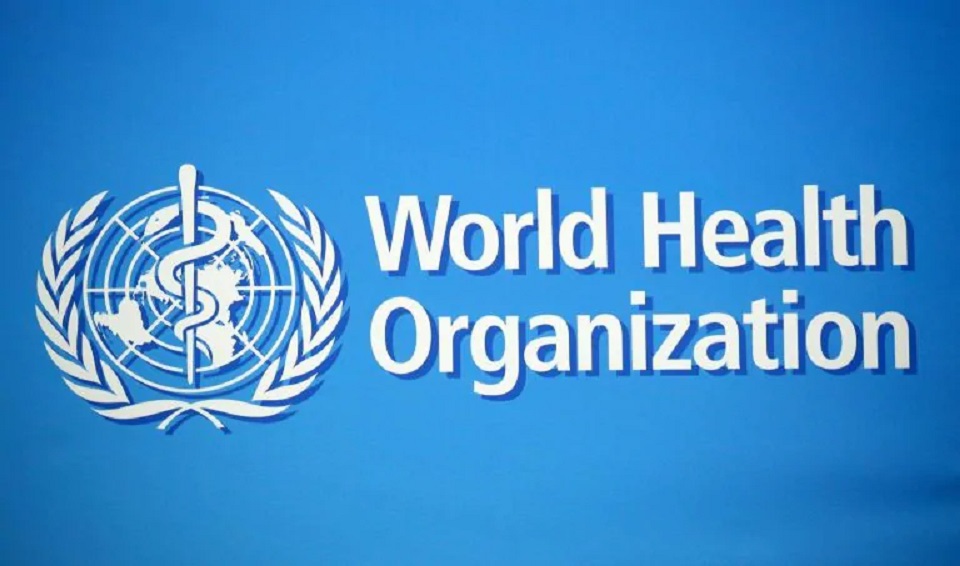WHO stresses prevention of non-communicable diseases

By A Staff Reporter
Kathmandu, Sept. 11: The World Health Organisation (WHO) has urged member countries in South-East Asia Region to accelerate efforts to prevent and control non-communicable diseases (NCDs) which account for two-third of all deaths in the Region while also increasing the risk of severe COVID-19.
“The COVID-19 pandemic has further exposed the vulnerabilities of people living with non-communicable diseases. In addition to the increased risk of severe disease and death, disruption in essential services threatens to slow down progress and even reverse the gains in controlling NCDs,” said Dr. Poonam Khetrapal Singh, Regional Director, WHO South-East Asia Region, at the Regional Committee meeting.
Prevention and control of NCDs such as cardiovascular diseases, cancers, chronic respiratory disease, diabetes and hypertension is one of the flagship priorities of Dr. Khetrapal Singh. Since 2014 member countries have been making concerted efforts, implementing multi-sectoral plans, providing, and scaling up NCD services at the primary health care level, promoting physical activity, taxing sugary drinks, taking multiple action to control tobacco use, promote mental health, among others.
“We need to address NCDs and include them as an integral part of pandemic preparedness and response. This will help establish mechanisms for uninterrupted access to NCD services during emergencies, and reduce risk of serious health complications,” the Regional Director said.
In view of the continuing challenges, the member countries discussed extending the Regional Action Plan for Prevention and Control of NCDs to meet SDG 2030 targets.
The Member countries also discussed integrated eye care and oral health and developing Regional Action Plans for them. Poor oral health is an important public health concern, with oral cancer being among top five cancers. The Region also has one of the highest prevalence of visual impairment and blindness globally.
There is some evidence of decline in the prevalence of blindness and moderate-to-severe visual impairment in the Region between 1990 and 2015. However, prevalence continues to be higher than the global average and coverage for effective cataract surgery remains below target. A situation analysis in 2020 of oral health policies showed some progress but also substantial gaps towards achieving the 2025 goals.
Nearly half of the deaths due to NCDs occur prematurely between 30 and 69 years of age. A quarter of the adult population in the Region suffers from hypertension and every twelfth adult has diabetes.
The member countries discussed developing a regional NCD Implementation Roadmap 2022–2030 to provide operational guidance on “how to” sustain gains, accelerate action in areas that need greater emphasis and pilot innovative approaches in the Region to achieve SDG Target 3.4.
Recent News

Do not make expressions casting dout on election: EC
14 Apr, 2022
CM Bhatta says may New Year 2079 BS inspire positive thinking
14 Apr, 2022
Three new cases, 44 recoveries in 24 hours
14 Apr, 2022
689 climbers of 84 teams so far acquire permits for climbing various peaks this spring season
14 Apr, 2022
How the rising cost of living crisis is impacting Nepal
14 Apr, 2022
US military confirms an interstellar meteor collided with Earth
14 Apr, 2022
Valneva Covid vaccine approved for use in UK
14 Apr, 2022
Chair Prachanda highlights need of unity among Maoist, Communist forces
14 Apr, 2022
Ranbir Kapoor and Alia Bhatt: Bollywood toasts star couple on wedding
14 Apr, 2022
President Bhandari confers decorations (Photo Feature)
14 Apr, 2022










